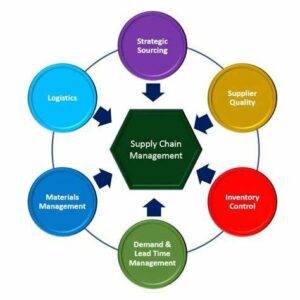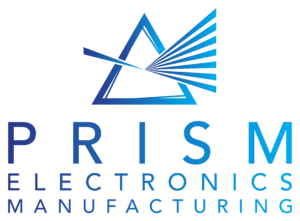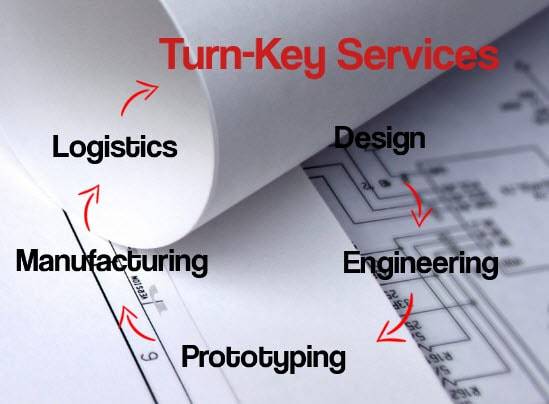Supply Chain Management: The Backbone of Business!
Supply chain management is orchestrating the flow of goods, services, and information from raw material suppliers to end-users in the most efficient and cost-effective manner.  It involves strategic planning, coordination, and optimisation of every step in the supply chain, encompassing procurement, production, inventory management, transportation, and distribution. The primary goal of supply chain management is to ensure that products reach the right place, at the right time, ensuring customer satisfaction.
It involves strategic planning, coordination, and optimisation of every step in the supply chain, encompassing procurement, production, inventory management, transportation, and distribution. The primary goal of supply chain management is to ensure that products reach the right place, at the right time, ensuring customer satisfaction.
An efficient supply chain is the backbone of every successful business. It’s what keeps everything running like clockwork. In the world of supply chain management, success hinges on the efficient flow of goods from raw material sourcing to finished product delivery. However, various factors can disrupt this process, and one significant challenge faced by supply chain professionals, particularly in recent years has been dealing with long lead times. We are just starting to see the impact of the global component crisis abate so now, more than ever a robust supply chain is the key to business success. Below we will look at what makes up an efficient supply chain.
- A positive approach. Having a “can do” attitude to supply chain management can turn challenges into opportunities!
- Improving demand forecasting accuracy can help align production schedules and inventory levels more effectively, keeping production running smoothly and on time delivery on target.
- Establishing strong relationships with suppliers and sharing production schedules can lead to better coordination and potential lead time reductions.
- Maintaining safety stock at strategic points in the supply chain can provide a buffer against unexpected delays or demand fluctuations.
- Adopting lean manufacturing principles to streamline production processes can enhance supply chain responsiveness.
- Communication is key! From planning to production to delivery, keeping the lines of communication open means any changes to customer order or demand can be responded to quickly and efficiently by logistics reducing any impact to the supply chain.
In conclusion, the electronics industry thrives on innovation, efficiency, and customer satisfaction, all of which are heavily reliant on a proficient supply chain. By optimising logistics and keeping communication open between departments, suppliers and customers the ability to respond to change is more effective. In a sector where every second counts and customer demands are evolving, a resilient supply chain remains the driving force behind sustainable success.




